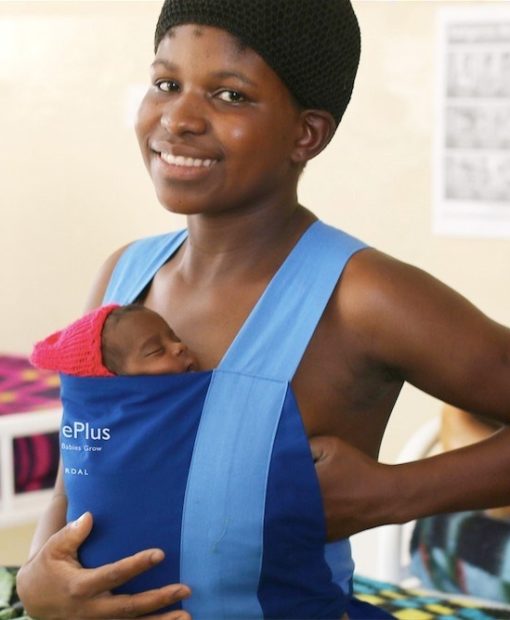Experimental Melanoma Vaccine Shows Early Promise

THURSDAY, April 2, 2015 (HealthDay News) — A highly personalized vaccine can spur an immune response in people with advanced melanoma, a preliminary study finds.
The experimental vaccine was tested in just three patients, and experts stressed that the findings show only that it can coax an immune response — not that it can effectively treat the potentially deadly skin cancer.
“This is a proof-of-concept” study, explained Dr. Jeffrey Weber, a researcher at the Moffitt Cancer Center, in Tampa, Fla., who was not involved in the study.
“Clinically, it’s very hard to say right now if this has a future,” said Weber, who studies cancer immunotherapy — a general term for treatments that enhance the immune system’s ability to fight cancer.
Still, he praised the work behind the vaccine, which researchers describe in the April 2 online issue of Science
“Scientifically, this is a tour-de-force,” Weber said.
Why? Because even though other melanoma vaccines are already in clinical trials, this new one is different: The researchers customized each patient’s vaccine to target carefully selected gene mutations unique to that person’s cancer.
And their immune systems seemed to respond accordingly. Each patient showed an increase in the number and diversity of T-cells (a type of immune system cell) that could zero in on their specific cancer, the researchers reported.
However, lead researcher Beatriz Carreno agreed that the results have to be interpreted cautiously.
“The intent of this study was to answer an immunological question,” said Carreno, an associate professor of medicine at Washington University School of Medicine, in St. Louis.
“We don’t want people to think there is a treatment right around the corner,” Carreno said.
“We have to expand this to more patients, and see what their clinical outcomes are,” she added, referring to the results that patients care about: living longer and staving off melanoma’s return.
“This is just the beginning,” Carreno said.
There are various forms of immunotherapy under study for different types of cancer. For people with advanced-stage melanoma — the rarest but deadliest form of skin cancer — some immunotherapies are already available, Weber pointed out.
Those include drugs called checkpoint inhibitors, which can bolster the immune system’s ability to kill off melanoma cells.
But the drugs are helpful for only some patients, and other immunotherapy approaches — including vaccines — are needed, according to Weber. “There’s still a huge unmet need,” he said.
For the current study, Carreno’s team analyzed tumor samples and healthy tissue from three patients who’d been treated for stage 3 melanoma, meaning the disease had spread to lymph nodes.
Melanomas typically have a huge number of genetic mutations — often hundreds — because the cancer arises from excessive ultraviolet (UV) exposure, according to the researchers. Sunlight is the main source of UV exposure, according to the American Cancer Society.
Because of the many genetic mutations, the researchers had to first study each patient’s cancer to zero in on seven mutated proteins most likely to be recognized by the immune system as “foreign.”
From there, they engineered a personal vaccine for each patient.
Once the patients were vaccinated, the researchers took blood samples from them every week for about four months. What they found, Carreno said, suggested that the vaccine essentially “woke up” patients’ immune systems — boosting the number and diversity of T-cells that were targeted toward their tumor mutations.
Creating the custom vaccines takes a good of deal of work and time. And that, Weber said, makes the approach impractical right now.
“You’d have to be able to shorten the process for it to be useful,” he said.
Carreno agreed that there may be practical barriers to translating this to the real world. The more immediate question, though, is whether the vaccine can hold off a recurrence in patients treated for advanced melanoma.
Next up is a phase I clinical trial, which will look at the safety and efficacy of the vaccine in six patients, according to Carreno’s team.
If the vaccine does prove effective, Carreno said the same approach could potentially be used against other cancers that typically have a high number of mutated proteins — including lung and bladder cancers, and certain colon cancers.
According to the American Cancer Society, nearly 74,000 Americans will be diagnosed with melanoma this year. The disease accounts for only 2 percent of all skin cancers, but it causes most deaths from skin cancer.
More information
The American Cancer Society has more on cancer immunotherapy.

 April 3, 2015
April 3, 2015




 May 19, 2018
May 19, 2018 




